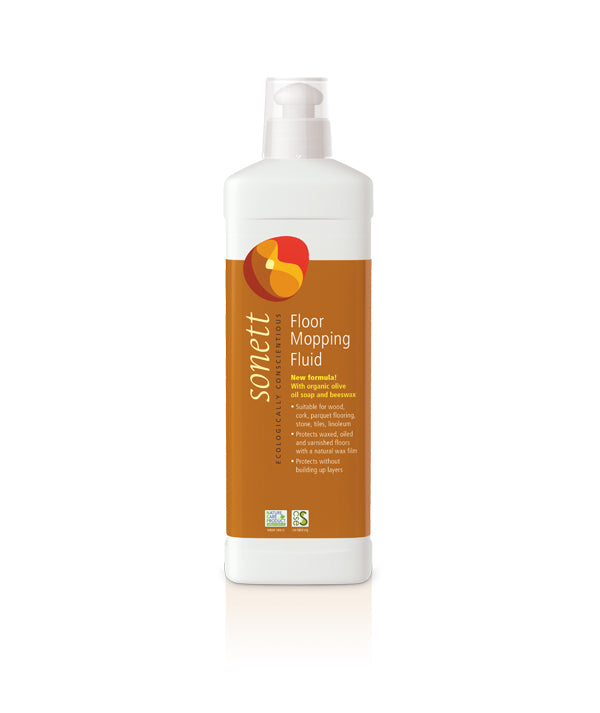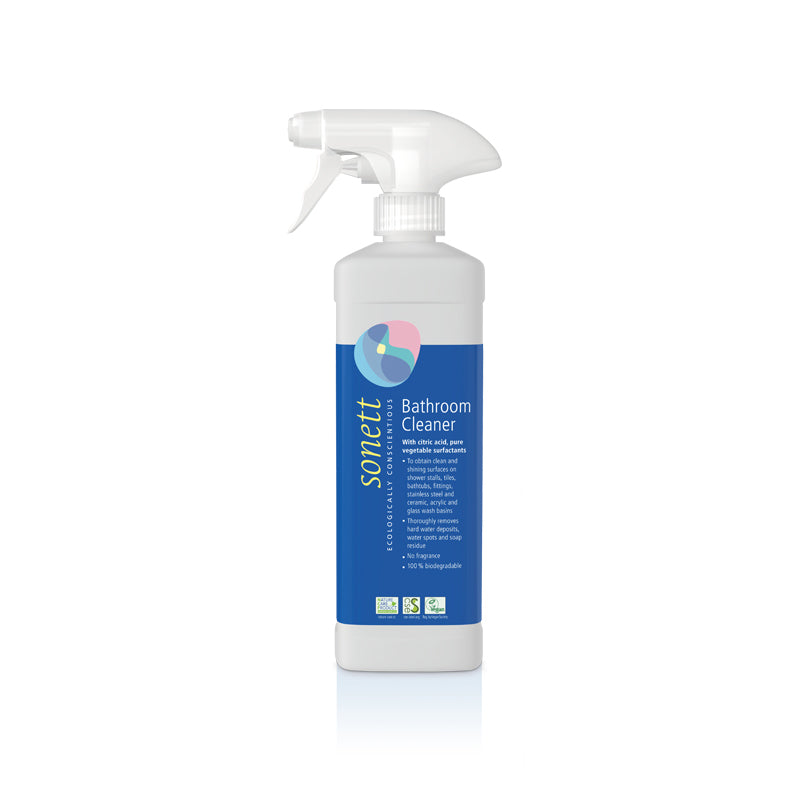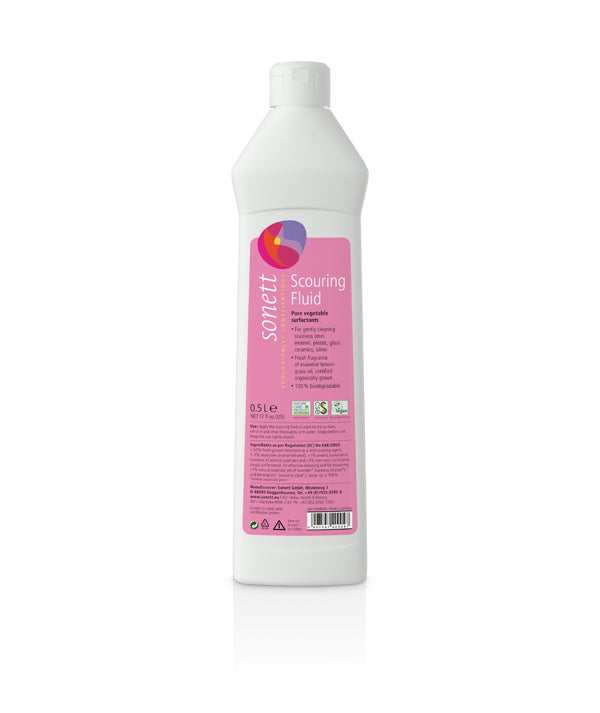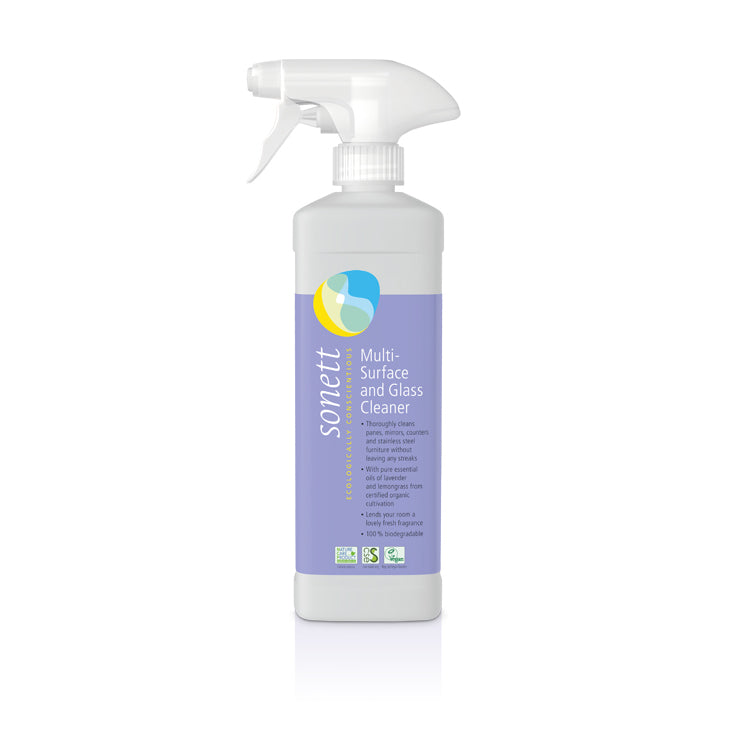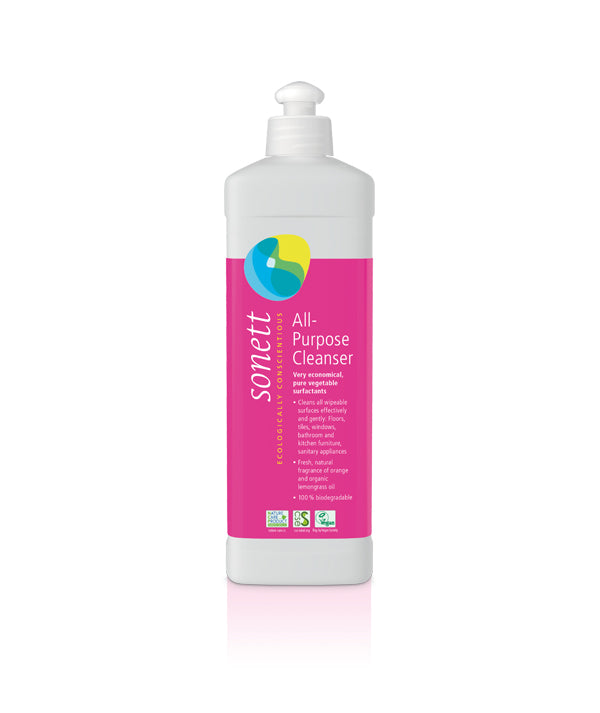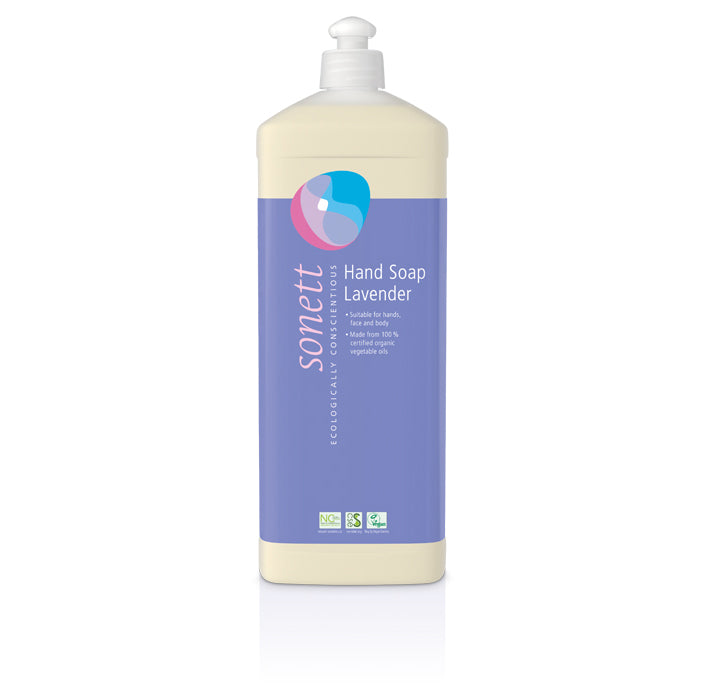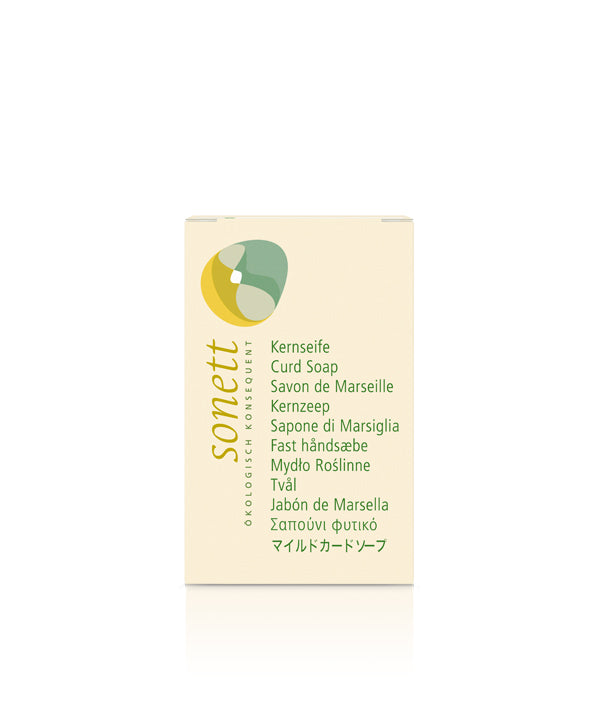- Outdoor Exploration
- Science & Maths
-
- Abel
- Ambrosius
- Atelier Fischer
- Auris
- A Year and a Day
- Bajo
- Banquet Atelier
- Bikeho
- Camden Rose
- Candlewick Press
- Casafeli
- Choroi
- Christof Beck
- Chronicle Books
- clef des champs
- Coq en Pâte
- Debresk
- Decor
- Dipam
- Disana
- Drewart
- Efie
- Ekelund
- Engel
- Erzi
- Evi Dolls
- Fagus
- Family Pastimes
- Filges
- Flensted
- Floris Books
- Glückskäfer
- Goki
- Grapat
- Grimm's
- HABA
- Hawthorn Press
- Holztiger
- Holztiger newly reintroduced figures
- Londji
- Lyra
- Mader
- Nänchen
- natracare
- Nic Walter
- Nooks Design
- Naef
- Ocamora
- Ostheimer
- Planetbox
- PAP
- Papoose
- Raffael Verlag
- Richard Glässer
- Rolf
- Ruskovilla
- Sarah's Silks
- Senger
- Sonett
- St Francis
- Stockmar
- Storey
- TFJ
- Uncle Goose
- Urachhaus
- Vah
- Verneuer
- Walter Kraul
- Weleda
- Workman
- Wynstones
- Xyloba
-
- made in Australia
- made in Austria
- made in Bosnia
- made in Brazil
- made in Canada
- made in Denmark
- made in England
- made in Finland
- made in France
- made in Germany
- made in Greece
- made in Hungary
- made in India
- made in Italy
- made in Japan
- made in Nepal
- made in the Netherlands
- made in New Zealand
- made in Poland
- made in Romania
- made in Russia
- made in Slovakia
- made in Slovenia
- made in Spain
- made in Sweden
- made in Switzerland
- made in the United States


